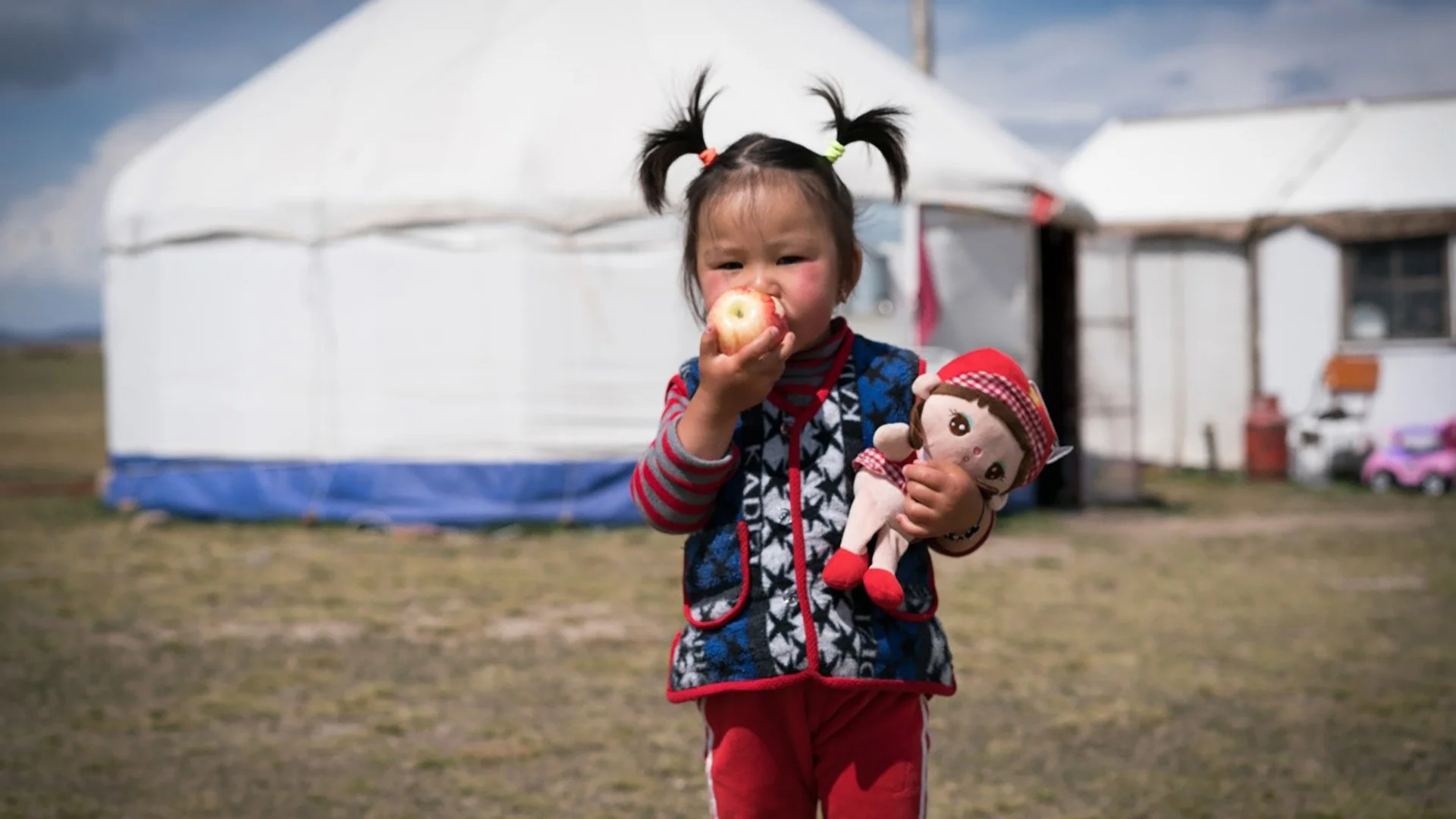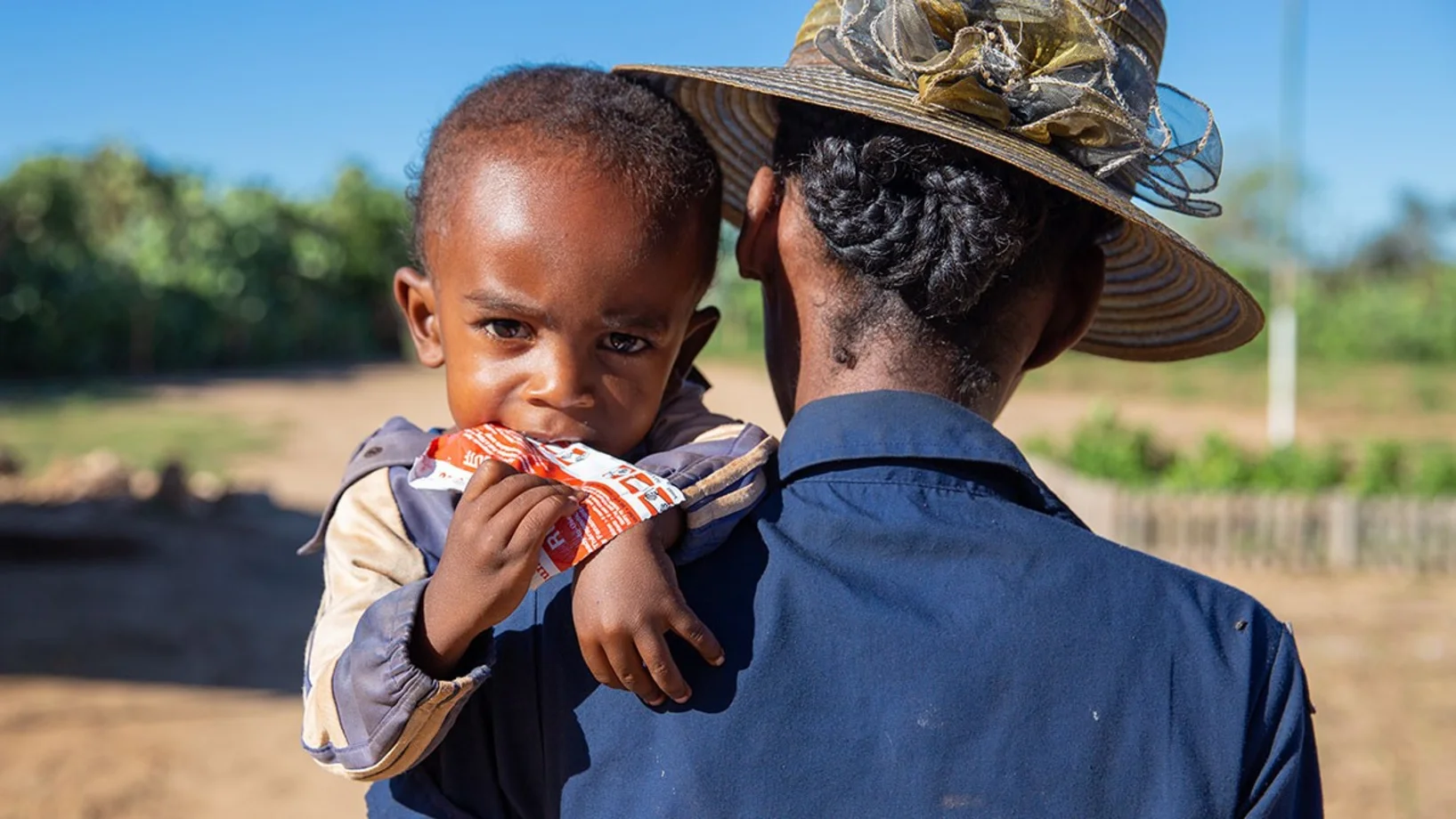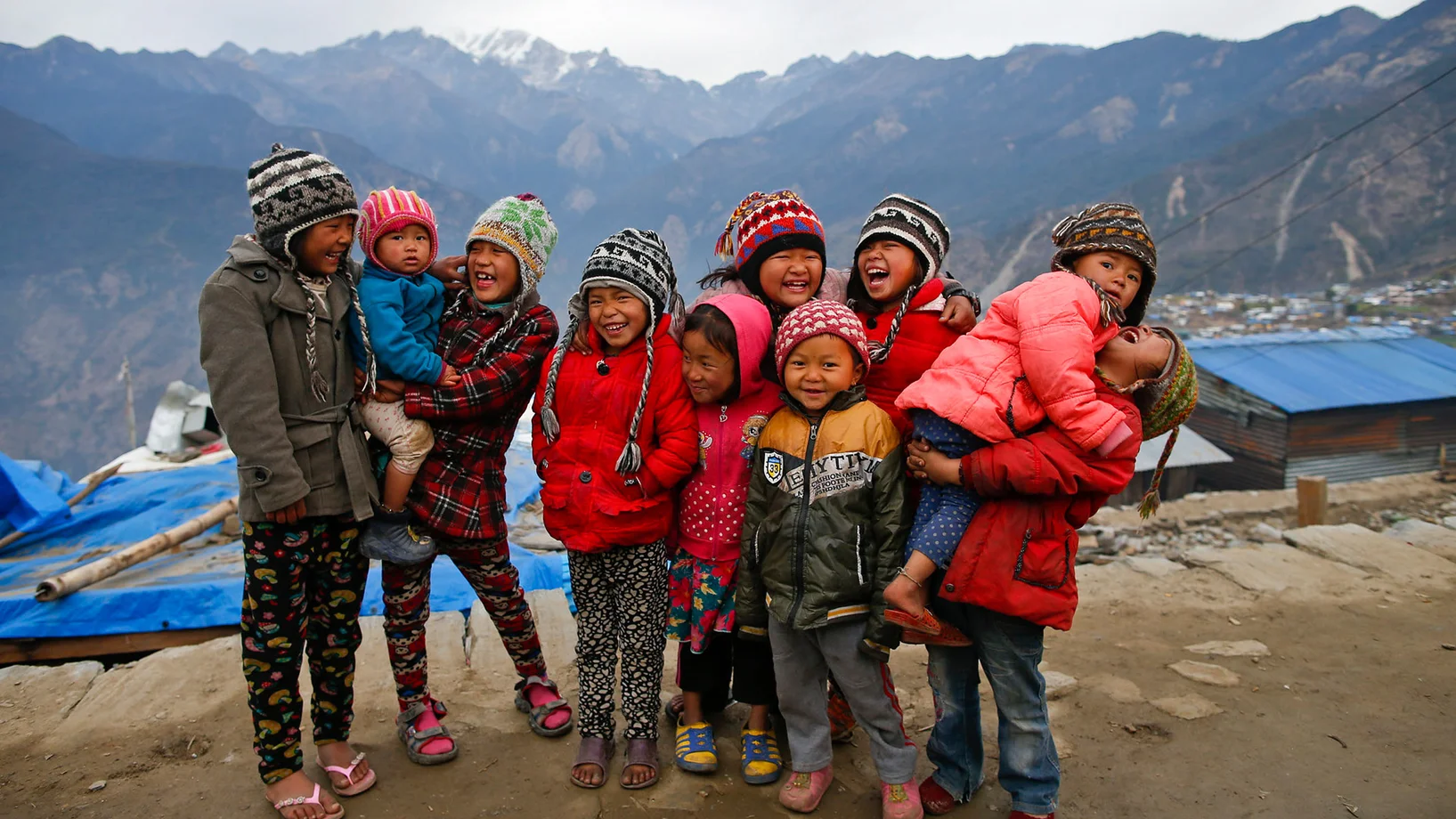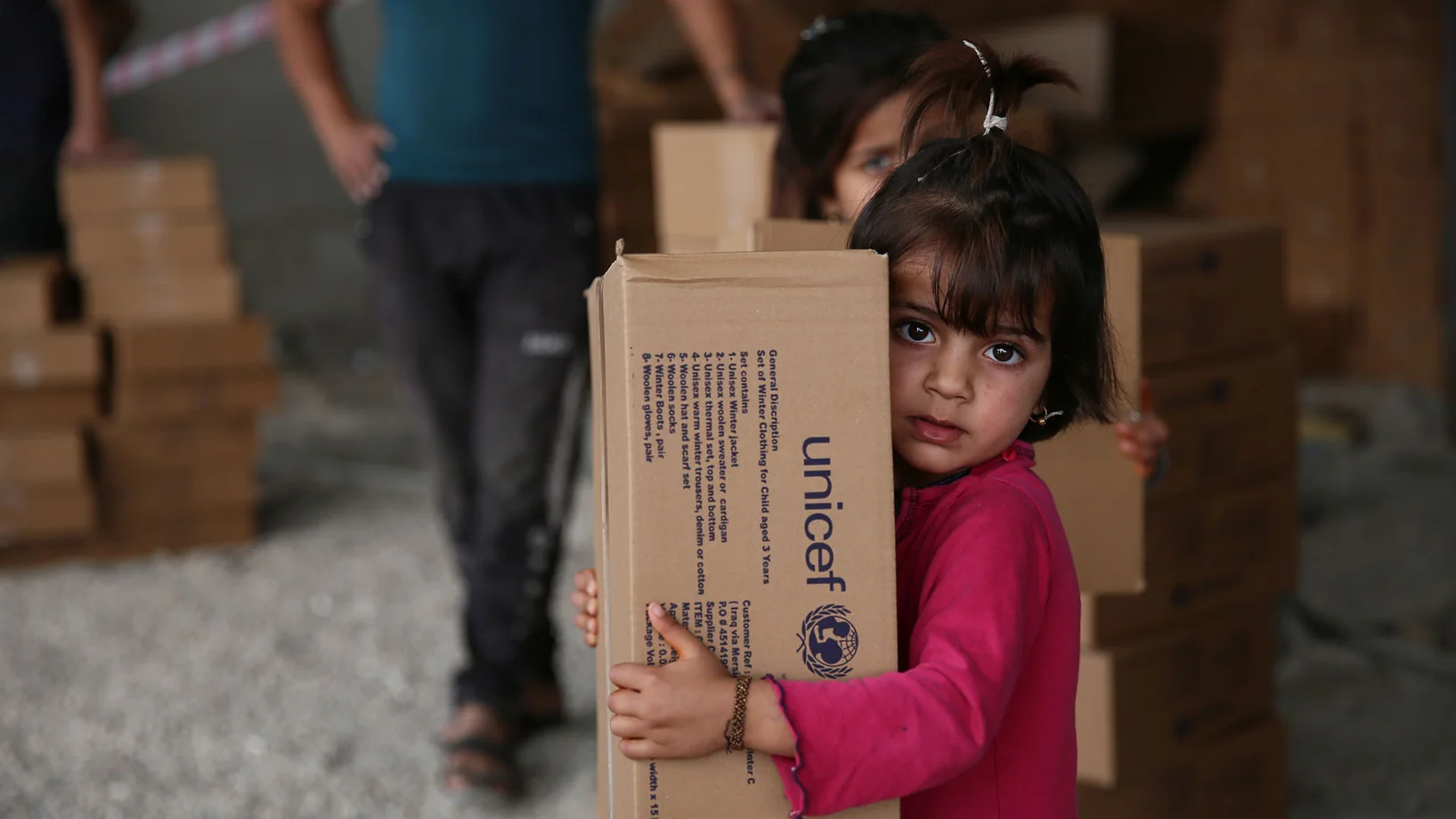Many children in Kyrgyzstan do not receive a balanced diet. The direct consequences of this include anemia, iodine deficiency and developmental delays. With financial support from UNICEF Switzerland and Liechtenstein, the government and UNICEF Kyrgyzstan have established the key foundations for a national program to combat malnutrition in infants.
The situation
The nutrition of mothers and children in Kyrgyzstan has improved continuously over the last ten years. Nevertheless, iodine deficiency and anemia in particular remain widespread, and in some regions many infants display evidence of developmental delays. The reasons for this are often a lack of knowledge about healthy nutrition, but also limited access to safe water and insufficiently trained health workers.
In countries like Kyrgyzstan, the first step in successfully combating malnutrition in infants is to change awareness of the issue. In addition to directly supplying important nutrients, UNICEF therefore focuses on broad-based awareness campaigns.
What UNICEF has achieved thanks to your help
With financial support from UNICEF Switzerland and Liechtenstein, the Kyrgyz government and UNICEF have established the key foundations for a national program that will deliver permanent, long-term improvements to the nutrition situation in the country.
An evaluation of existing data showed that infants’ lack of balanced nutrition was ultimately often down to a lack of awareness and knowledge. Through counseling services, brochures, social media campaigns and other measures, UNICEF therefore promoted understanding at all levels of the link between balanced nutrition and healthy development and drew attention to the importance of breastfeeding. Ongoing dialog with members of parliament and government representatives ensured that this awareness-raising campaign could be continued in the future with the determination required. Support was also provided to offer health workers further training on optimal infant nutrition.
Families with incomes below the subsistence level receive government support in the form of monthly cash transfers. Combating malnutrition requires a holistic approach, however. With this in mind, UNICEF participated in the government program with measures to promote healthier nutrition through the Cash Plus pilot project. Vulnerable households were supported with a flexible combination of cash transfers and key counseling services on healthy nutrition.
To provide immediate relief to malnourished infants, UNICEF distributes Sprinkles, a powder containing essential vitamins, minerals and trace elements, worldwide. This food supplement is now produced locally in Kyrgyzstan under the name Gulazyk and is routinely given to children between the ages of 6 and 24 months.



